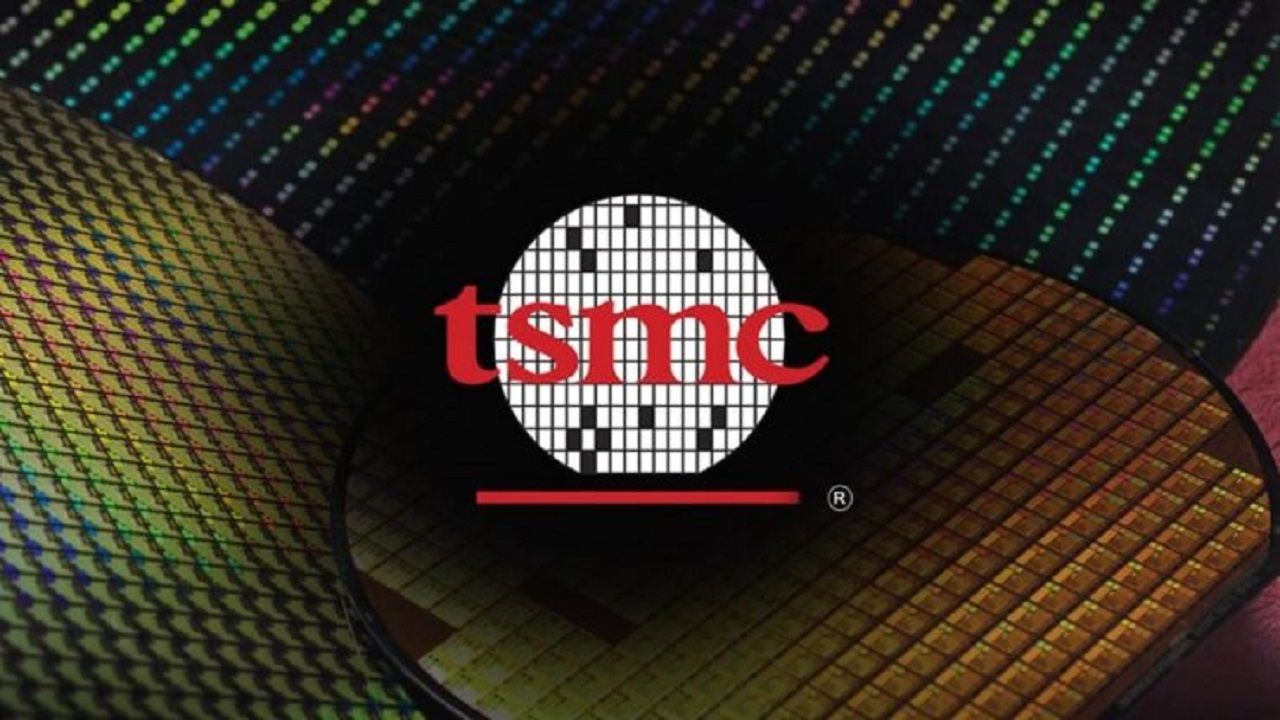TSMC To Produce Highly Advanced 1.6nm Chipsets For 2026

Apple chipmaker TSMC aims to produce highly advanced 1.6nm chips destined for future generations of Apple silicon. Yesterday, TSMC revealed a series of technologies, including the “A16” process. The 1.6nm node technology significantly improves chip logic density and performance. Moreover, it promises substantial improvements for high-performance computing (HPC) products and data centers.
If we dig into the history, Apple is among the first companies to embrace new, state-of-the-art chip fabrication technologies. For instance, it was the first company to use TSMC’s 3nm node with the A17 Pro chip in the iPhone 15 Pro and iPhone 15 Pro Max. Apple’s most advanced chip designs have surfaced in the iPhones before making their way to the iPad and Mac series. They usually trickle down to the Apple Watch and Apple TV at the end.
TSMC Takes A Shot At Intel’s Bow With New 1.6nm A16 Node
PTA Taxes Portal
Find PTA Taxes on All Phones on a Single Page using the PhoneWorld PTA Taxes Portal
Explore NowFollow us on Google News!





